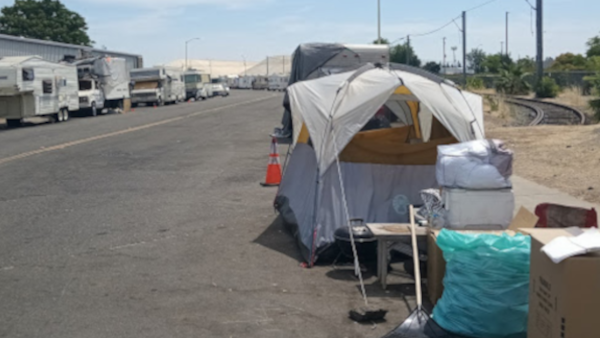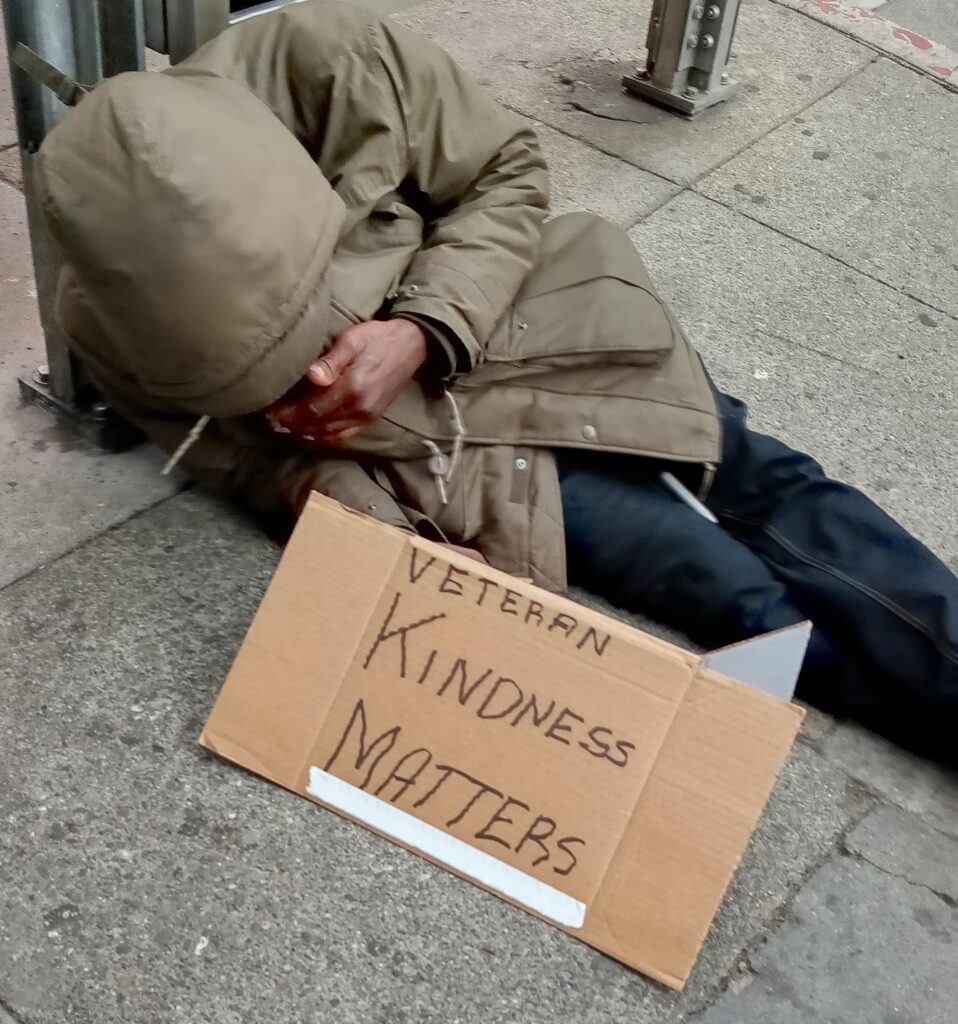
The story of homelessness in America is woven deep into the fabric of our nation’s history, starting long before the modern image of people sleeping on city sidewalks. It’s a story that begins with slavery, when human beings were treated as property and denied the basic right of having a place to call home.

After emancipation, many formerly enslaved people found themselves in a cruel paradox: they were free, but they had nowhere to go. The promise of “40 acres and a mule” remained largely unfulfilled, leaving countless families to wander in search of work and shelter. They built makeshift camps and relied on the generosity of others, creating the first large-scale homeless crisis in post-Civil War America.
The late 1800s brought waves of immigration and industrialization. Cities swelled with newcomers seeking the American dream, but many found only crowded tenements and hard times instead. When work dried up, people took to the rails. These “hobos” of the late 19th century weren’t just wanderers – they were displaced workers following jobs acacross the country, sleeping in camps they called “jungles” near the railroad tracks.
The Great Depression transformed homelessness from a marginal issue into a national emergency. Suddenly, millions of Americans found themselves without homes, forming shanty towns mockingly called “Hoovervilles.” The crisis touched every social class, forcing society to confront homelessness as something that could happen to anyone.
The post-war boom of the 1950s masked the problem for a while. The American Dream seemed within reach: a house in the suburbs, a steady job, a white picket fence. But beneath this prosperity, homelessness persisted, especially in urban centers where “skid rows” became concentrated areas of poverty.
The 1980s marked a turning point. A perfect storm of factors – including cuts to social services, the closing of mental health facilities, rising housing costs, and the crack epidemic – pushed more people onto the streets. For the first time, families with children became a visible part of the homeless population.
Today’s homelessness crisis looks different from its historical predecessors, but echoes the same themes: economic inequality, systemic racism, lack of affordable housing, and gaps in mental health care. The modern homeless person might have a job – maybe even two – but still can’t afford rent in many major cities. They might be a veteran struggling with PTSD, a teenager kicked out for being LGBTQ+, or a family living in their car after a medical bankruptcy.
Throughout this history, those experiencing homelessness have consistently formed strong communities – a testament to human resilience and the basic need for connection. From the collective camps of freed slaves to the tight-knit hobo jungles, from Depression-era Hoovervilles to modern tent cities, people have found ways to create support systems and shared resources. These communities often developed their own cultures, codes of conduct, and mutual aid networks.
Yet society’s response has typically been to criminalize and disperse these communities. Anti-vagrancy laws, dating back to the post-Civil War Black Codes, made it illegal to be homeless. “Move along” policies, hostile architecture (like spikes and benches you can’t lie on), and camping bans have forced people to constantly relocate. Even today, cities pass laws making it illegal to sleep in public spaces or share food with homeless people, effectively making it a crime to exist without a permanent address. This criminalization breaks up support networks and makes it even harder for people to escape homelessness, pushing them further into the shadows of society.
The thread connecting slavery to modern homelessness isn’t just about lacking shelter – it’s about who society considers worthy of having a home. It’s about power, dignity, and the basic human right to exist somewhere. As we grapple with today’s housing crisis, understanding this history reminds us that homelessness isn’t just about individual choices – it’s about the choices we make as a society.
Looking at this history, one thing becomes clear: homelessness has never been simply about not having a roof overhead. It’s been about economic systems, social policies, and most importantly, how we view our responsibility to each other as human beings. The solution isn’t just about building more houses – though that’s certainly part of it. It’s about recognizing that everyone deserves a place to call home, not as a privilege, but as a fundamental right.
Crystal Sanchez is with the Sacramento Homeless Union.


Excellent article. Thank-you for sharing it with us.